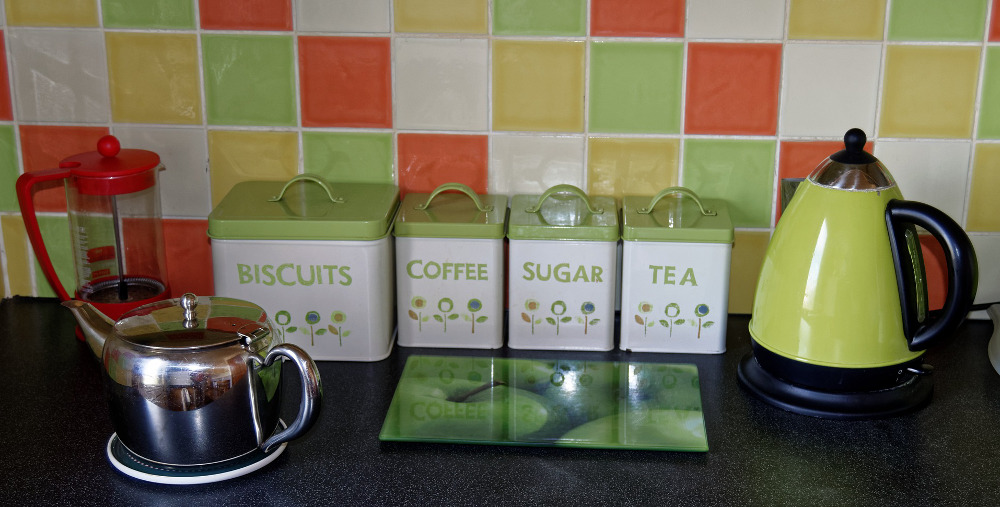
Building Academic communities through a focus on Relationships
As Professor Peter Felten, one of the keynotes at the upcoming Learning and Teaching Conference, emphasises in his research on The Undergraduate Experience: ‘relationships matter’. In this issue, we welcome submissions from staff and students around the University, who are highlighting how the creation, and strengthening, of relationships directly increases the sense of academic community. This in turn, has been shown to increase the feelings of belonging during students’ time at University, and, subsequently, raises educational success (e.g., Felten et al, 2016).
Academic communities can thrive in many forms. Recently, I attended a ‘Sharing good practice from quality processes’ event here at the University. Colleagues were invited to share examples of how they were building academic communities within their schools. After hearing from a number of wonderful initiatives, I realised I had heard one thing mentioned over and over again: a kettle. Face-to-face spaces, where students and staff could meet to chat and share experiences or concerns, seemed to be determined by where they could find a place that had a socket to plug in a kettle. This simplicity really struck me. It seems we don’t need grand gestures and a big budget; what we need is dedicated spaces – both physical, temporal, and emotional – to bring people together in a trusted and safe environment. For example, in this issue, Dr Emily Taylor and Emily Gribbin showcase their ‘Let’s Gather’ initiative in the School of Health and Social Science, and Catherine Clarissa, a postgraduate student in Nursing Studies, shares her experiences of being part of the Coffee and Cake Conversations last year.
Although an electric connection for a boiling kettle seems crucial, there is plenty of evidence that academic communities enjoy a healthy existence in digital and online spaces. Look out for posts this month from: Dr Chris Mowat, who describes the ‘Chemunity online portal’; Lauren Johnston-Smith, who extols the value of online communities that transcend international boundaries, and Olivia Coombes and Elliott Gruzin, who have created an online community of listeners to their podcast on the philosophy of time travel.
Furthermore, academic communities aren’t just constrained to internal campus life. Connections and relationships can be built and celebrated internationally [studiously avoiding any reference to Brexit here]. Go Abroad Staff is one fantastic scheme offered to University staff, which funds and supports travel abroad. Staff can either spend time training, or sharing and shadowing teaching, research and learning practices, with colleagues outside of the UK. In this issue, the first of hopefully many posts will be published, which will reflect on participating staff members’ experiences of their visit.
Previous Teaching Matters blog posts about academic communities can be found here:
- Representing a diverse learning community in the School of Health in Social Science, by Shaun Fisher, Somia Imran, Anny Chen and Iris Szu-Szu Ho.
- Building community online, by Sharron Ogle.
- Teaching in Dialogue: Content-independent learning, by Angus Bancroft.
Mini-series: Academic blogging
We continue this month with the mini-series: Academic Blogging. This mini-series is co-edited by Karen Howie and Lorna M. Campbell from Learning, Teaching and Web Services in ISG, and part of the team that provides the Academic Blogging Service. The mini-series will conclude this month with two podcast episodes. The first episode invites a discussion about using blogging as a form of assessment, and the second episode hosts a chat about blogging as part of professional life.
Happy reading!
references
Felten, P., Gardner, J. N., Schroeder, C. C., Lambert, L. M., & Barefoot, B. O. (2016). The undergraduate experience: Focusing institutions on what matters most. San Francisco, CA: Jossey-Bass.

